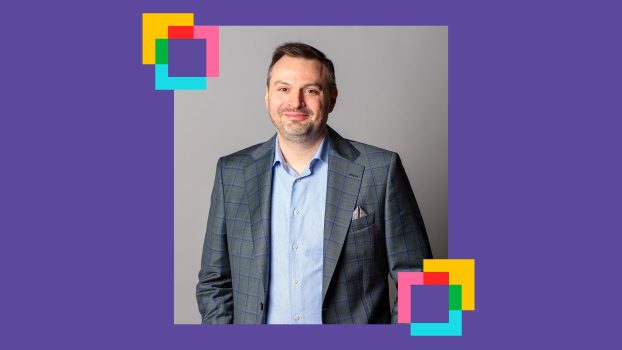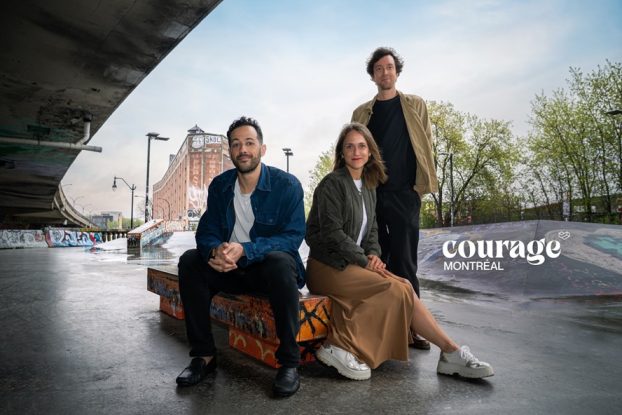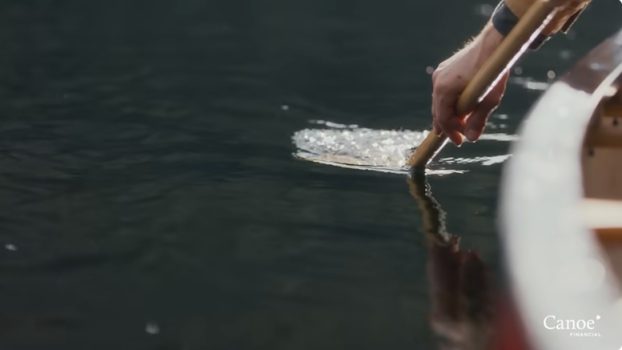At the end of the decade, nursing a broken leg, I am compelled to reflect.
Though the decimalization of time produces a handy excuse to take a breath before plunging into the next 10 years, the actual events of the last 10 are never so neatly packaged. Nonetheless, we seem compelled to render the data into some kind of pattern, some kind of sense, as if the comfortable illusion of an imposed logic will protect us from the inevitable uncertainty that lies ahead.
Not sure I can do that. If I were to map my own experience over the last decade, it would resemble a labyrinthine journey oscillating between moments of blind panic and periods of intense learning. As the year 2000 unfolded, Russell Inc., the design business I had co-founded in 1990, was being structurally altered amid the madness of the internet bubble. This restructuring was doubly fuelled by the anticipation of digital riches and the fear of being left behind in the “boring” old world of print.
Moment of blind panic: jumping from a disintegrating partnership onto the heaving deck of a large but faltering web services firm just months before they started manning the lifeboats. The firm was San Francisco-based Organic. A global title, 20 years of brand experience and a byline in the national business press were not enough to prevent me (along with about 600 other employees) from going overboard a mere six months after boarding. Intense learning: a) figuring out that a web services firm had no business building a branding practice, and b) when Mammon is at the helm, you either bill or you walk the plank.
Two weeks later I was employed by one of this country’s strongest and most celebrated ad agencies – Taxi. It struck me that the advertising world seemed blissfully unaware of the digital bubble bursting (unless their clients were bursting with it), or of any of the painful changes resulting from the profound technological disruption that was going on around it. It had its own bubble.
Nonetheless, the ensuing two years were full of learning, mostly about the distance an ad agency can go in the development and management of a client’s brand. My conclusion was that although an ad agency could provide strategic insight, and even help define and reinforce a client’s brand position, it could never meaningfully address anything more than communications.
At this point, the concept of brand as experience – what a brand actually does in relation to what it says – became a personal focus. The challenge of aligning experience with communications seemed the natural place for brands to go. But was an agency the right place to do that? I’m sure there are exceptions, but agencies aren’t generally asked to tread outside their clients’ marketing departments.
Then an angel appeared in the form of a recruiter who was looking for someone to help build a brand experience platform for Europe’s fastest growing wireless provider, then named Oskar (subsequently purchased by Vodafone). It was a contract position in one of the western world’s most beautiful cities, Prague. It also happened to be on ancestral turf.
Moment of blind panic: do you give up a full-time job at Canada’s hottest ad agency for a three-month gig in eastern Europe? Intense learning: only if your wife lets you. Mine did, bless her heart. Three months turned into two years. But we created something special over there. It was the right place to be in the world of brand experience.
Another moment of blind panic brought me back to Canada: the illness of a close family member. Armed with fresh knowledge and experience from another market, I co-founded a brand consulting practice called Chemistry. Intense learning: what works in Prague doesn’t necessarily work in Toronto. As successful as the Prague project was, the concept of brand as experience was, and still is, a tough sell in Canada.
Especially in a recession.
Moment of blind panic, 2008: how do you sell brand expertise at a time when most clients are focused on protecting their revenue and controlling their costs? The answer to this question presented itself as an offer of employment from Wind Mobile. A brand new, well-funded wireless start-up looking to differentiate itself in an industry that is infamously inconsiderate of customer experience. Seemed like a job description from heaven.
Intense learning: There’s nothing like a blank sheet of paper. But when you’re in a position to leverage massive customer discontent, you really only have one strategic choice: base the value proposition on easing that pain. And that is exactly what we did.
Now that I’m on the other side of that experience, what’s the big learning of the decade?
The customer owns your brand (but there’s no reason why you both can’t profit from that). Engagement is the new black. Don’t hesitate: differentiate. Authenticity is table stakes. Say what you do; do what you say.
Break a leg!
Will Novosedlik has worked on brands both as a consultant and as a client in Canada, the U.S. and Europe. These brands include Nestlé Canada, Corby Distilleries, Swiss Chalet, Harvey’s, RSA Security, Bata International, Deutsche Telecom, Butterfield and Robinson, Telus Business Solutions, The Reitman Group and, most recently, Wind Mobile. He can be reached at novosedlik@gmail.com.























